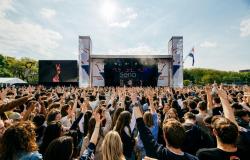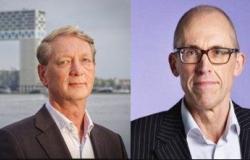
If Dutch people are not prepared to eat less meat, fly less and consume less, then the Netherlands cannot afford to rule out controversial measures to become climate neutral by 2050. This is the conclusion of research institute the Netherlands Environmental Assessment Agency (PBL) in a study which was published this Wednesday. PBL states that politicians are focusing blindly on the goals for 2030, which could seriously hinder the Netherlands in the years that follow.
In the study, PBL looked at how the Netherlands can become climate neutral without major changes in behavior. That is “technically” possible, but all possible measures are necessary to achieve the government’s target. Also controversial measures, such as the large-scale use of CO storage2 in gas fields under the North Sea or in some cases the use of gas (of which the CO2emissions are captured) are then a dire necessity. “Climate neutral is not synonymous with fossil-free.”
According to PBL, the way in which the Netherlands will become climate neutral largely depends on two things. First of all, to what extent hydrogen and so-called biofuels (for shipping and aviation) are available. The Netherlands is largely dependent on other European countries. In addition, it plays a role whether the government considers it important whether the Netherlands will operate without fossil fuels in 2050.
If there are few raw materials available and the Netherlands opts for the fossil-free route, climate neutrality in 2050 is “impossible”, PBL concludes. If fossil energy remains an option and many raw materials are available, this will lead to the cheapest route to climate neutrality. Yet it is “risky”, writes the PBL, to gamble in advance that such “wide availability” will occur, because the Netherlands is dependent on imports of these types of raw materials.
Sticking to some goals, such as an electricity supply without CO2emissions in 2035 (a government goal) or making the Netherlands fossil-free by 2050 (a wish of climate activists), can be “counterproductive” according to PBL. Because the risk is that scarce resources (such as hydrogen) are used in sectors that have alternatives, while the industry is dependent on hydrogen to become greener. Moreover, to truly become fossil-free, the Netherlands must make extensive use of CO2storage and scarce raw materials, which makes it more difficult for other countries to become more sustainable.
Blind spots
Too much focus on 2030 (when the Netherlands will emit at least 55 percent less CO2 must emit) can, according to PBL, lead to “blind spots” about what needs to happen after 2030. To become climate neutral, the government must now quickly arrange for the production of hydrogen, the recycling of plastic and the import of bio-raw materials to get off the ground. These resources are still lacking and PBL sees them as essential to ensure that agriculture, industry, aviation and shipping can also become more sustainable. “If we do not solve these bottlenecks quickly, it will be very difficult,” says PBL director Marko Hekkert.
Bio-raw materials (from biomass, agricultural crops, manure or green waste), which can be used to make a kind of sustainable kerosene for industry or aviation using hydrogen, are particularly controversial. Opponents have long called its use ‘a paper reality’ and argue that it will take decades before the CO2 released during the combustion of biomass is reabsorbed by new trees. Scientists also question the large use of CO2-storage. They believe that too little account is taken of the risk that CO2 will leak and still enter the atmosphere.
Also read
Biomass: the pariah of the climate debate
But according to Hekkert, there is “no way around it” to use biofuels and CO2storage to become climate neutral. “These options do not make everyone happy. People like it, but the opportunity to leave out an option is over. The time is too short for that. You need the whole package (wind, CO2storage, biofuels, recycling, heat use, nuclear energy). And if you still say: ‘this is not okay’. Then the only other option is to use much less fuel.”
However, “the puzzle” of becoming climate neutral will become a lot easier if people are willing to adjust their behavior, says Hekkert. “It is a political choice [om van Nederlanders een gedragsverandering te vragen]but it makes the transition a lot cheaper.”
To share
Email the editor
Tags: eating meat flying Netherlands controversial measures climate neutral
-




